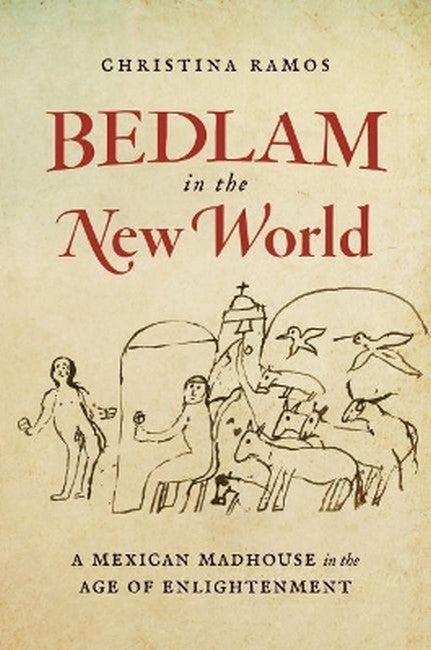Christina Ramos is assistant professor of history at Washington University in St. Louis.
Request Academic Copy
Please copy the ISBN for submitting review copy form
Description
"A compelling study of the medicalization of madness. . . . Ramos provides a model of scholarship that will appeal to a wide range of scholars interested in histories of medicine."--H-Sci-Med-Tech "A triumph . . . eloquent, provocative, highly-synthesized, and compellingly theorized. Its brisk and accessible prose will lead to successful discussions with advanced undergraduates . . . [and will] doubtlessly be essential reading for historians of pre-modern histories of medicine, the behavioral and mind sciences, colonial histories of medicine, and colonial Latin American history."--Journal of the History of the Behavioral Sciences "A welcome addition to the literature on colonial medicine in Spanish America. It builds on the work of Maria Cristina Sacristan while uncovering the institutional transformation of a unique site. . . . concise, clearly written, and well researched."--Reading Religion "Ramos encuentra una justificacion novedosa para estudiar la locura en esta etapa de grandes cambios. La originalidad de su libro tambien radica en el fino analisis documental y hermeneutico que realiza para mostrar rompimientos y continuidades en un proceso de transicion de modelos." "[Through Bedlam in the New World] Ramos demonstrates a new reason to study madness in an era of substantial change. The originality of her work lies in her fine-tuned documental and hermeneutic analysis that reveals the breaks and continuities in a process of changing models."-Hispanic American Historical Review "Ramos's work will be of particular interest to scholars of religion and law, offering as it does evidence not only for reading colonies as 'laboratories of modernity' but legal archives as rich sources of such (multivalent, often ambiguous) work."--Religious Studies Review "Sharp, wonderfully analysed and researched, and delightfully written. . . . Ramos' incisive historiographical interventions are supported by her outstanding source base."--Social History of Medicine

